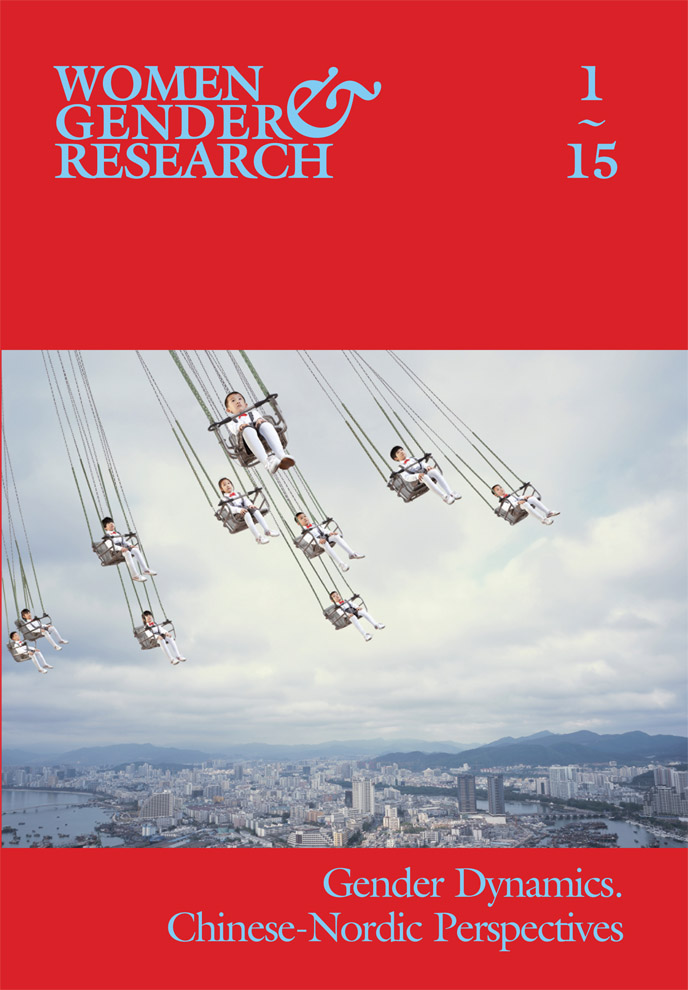Gendering Low-Carbon Life among Retirees in Urban China
DOI:
https://doi.org/10.7146/kkf.v24i1.28518Abstract
The aim of this article is to examine how questions related to age and gender become articulated in a climate change mitigation campaign based in an urban residential community in Hangzhou in eastern China. Based on ethnographic fieldwork in the community, the article presents a case study of this campaign. A group of community officials and retired residents are promoting ‘low-carbon life’, their aim being to alter a range of everyday consumption practices. During the campaign, a handful of retired women emerged as campaign role models and leaders of campaign activities, as well as producing ‘low-carbon handicrafts’ made from reused materials. The campaigners are approaching low-carbon life as a set of enjoyable hobby-like activities where women in particular reactivate skills acquired during the Mao era, thus coming to be seen as role models by local officials and journalists. The study contributes to the emerging field of climate ethnography by illustrating how a group of Chinese citizens make sense of climate politics by recasting climate-related issues, connecting these to their everyday life concerns and engaging in practical campaign work anchored in local material culture.
Downloads
Published
How to Cite
Issue
Section
License
Publications in Women, Gender and Research are licensed under Creative Commons License: CC Attribution-NonCommercial 4.0

